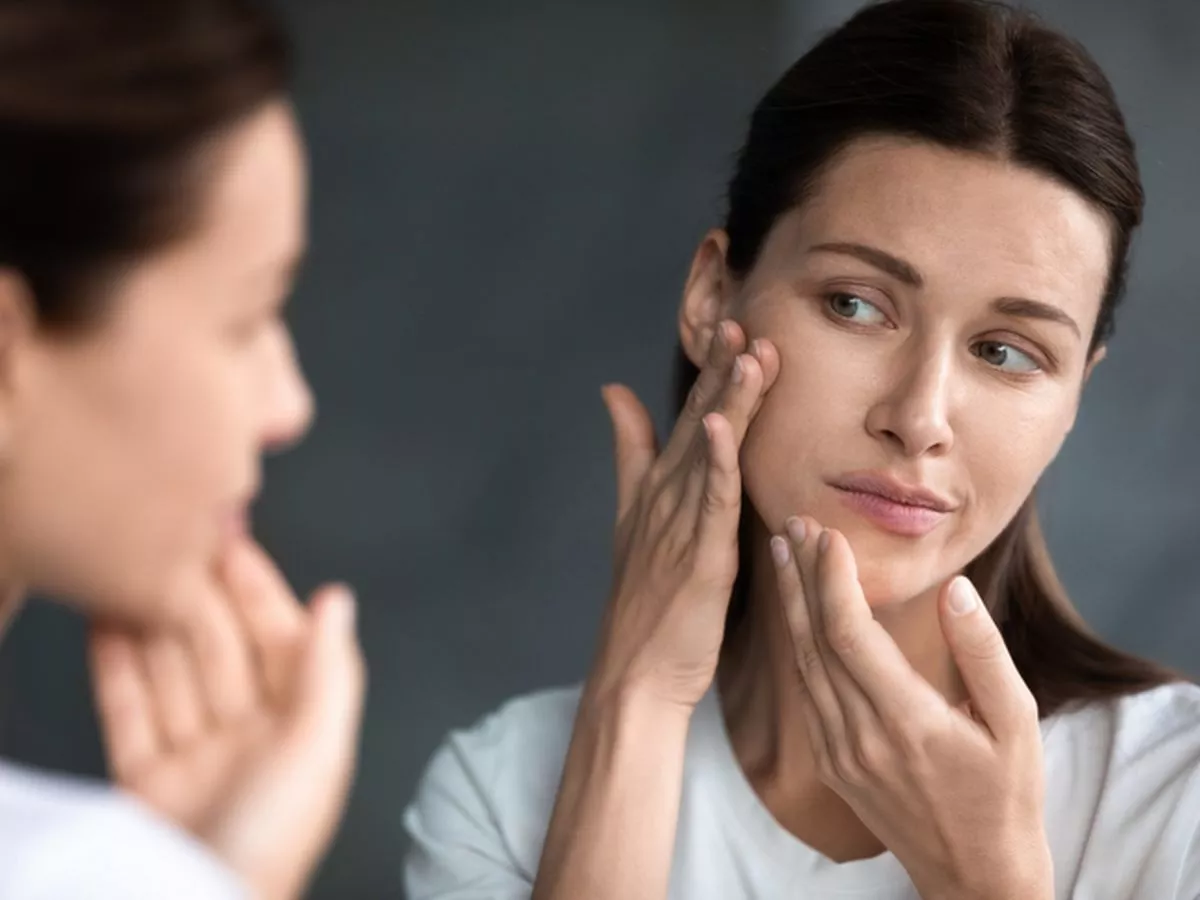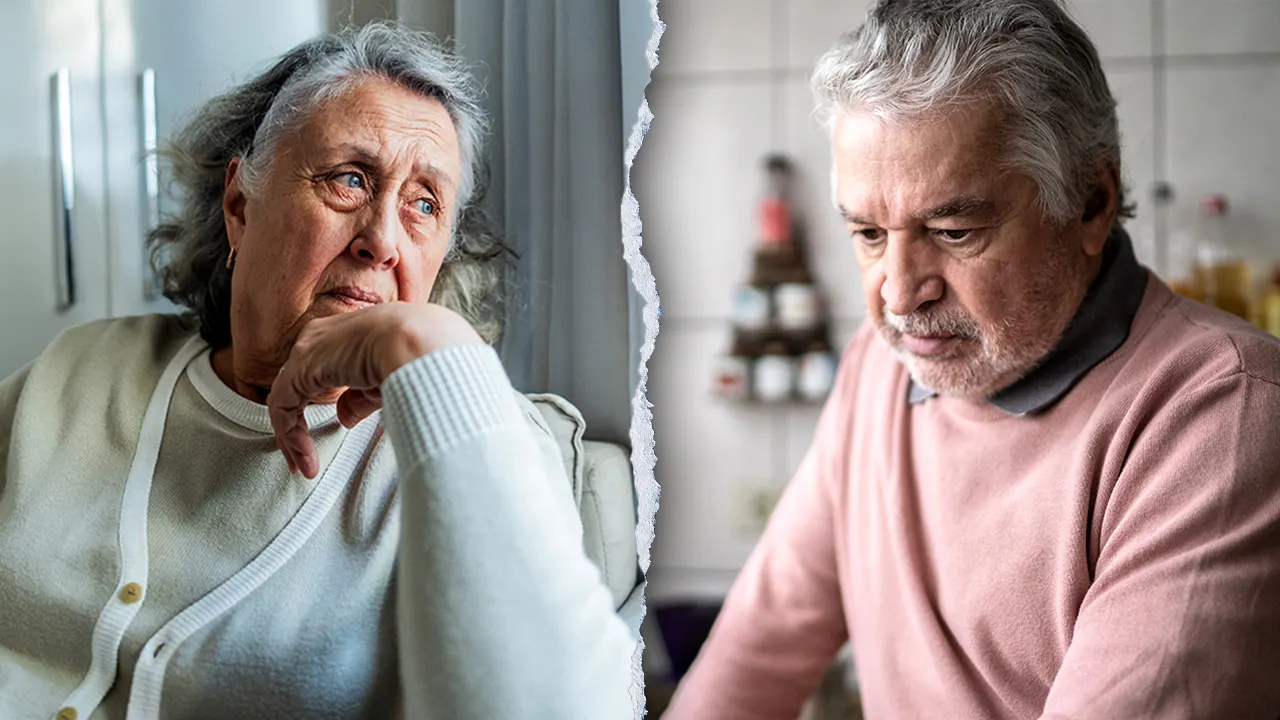Copyright birminghammail

A woman has told how a chronic condition has taken over her life. Lorraine Blumsum says that rather than being excited about going to her own daughter's wedding in Greece, she feels terrified because it will mean exposing the health issue that plagues her body. Around 125 million people worldwide live with psoriasis, a chronic skin disease that affects not just the body, but also emotional well-being. Six in 10 sufferers say it impacts their everyday life. Public figures such as Beyoncé, Kim Kardashian, Aljaz Skorjanec and Cyndi Lauper have all spoken out about their experiences with psoriasis, helping to break down the stigma and spread awareness. For Lorraine it has meant asking for a different work uniform that covers up more of her skin, avoiding social events and feeling constantly self-conscious and emotionally drained. READ MORE: Psoriasis occurs when the immune system mistakenly attacks healthy skin cells, leading to inflammation and rapid skin cell turnover. These microscopic changes lead to the development of red, scaly plaques on the skin, usually on the scalp, elbows and knees - but any skin surface and the nails may be affected. Beyond the visible symptoms, psoriasis has been linked to a higher risk of cardiovascular disease, stroke, metabolic syndrome, and depression. "Psoriasis is a common, life-ruining skin disease that is associated with other serious medical conditions such as heart disease, arthritis and depression", warns Professor Chris Griffiths, consultant dermatologist at The Devonshire Clinic and a leading experts in psoriasis care. "We need to move beyond the misconception that psoriasis is merely cosmetic." Professor Griffiths outlines the most frequent triggers that can lead to flare-ups: He says the advent of powerful, targeted therapies for psoriasis means that early diagnosis and treatment, along with greater public understanding, are vital to helping patients live healthier, more confident lives. Lorraine Blumsum, aged 60, from London, has been living with psoriasis for over 15 years, and believes it will be with her for the rest of her life. "Psoriasis has taken over my life," says Lorraine. "It's on my elbows, knees, scalp, stomach and even under my nails. There's no escaping it. I've tried every cream, ointment and medication, but nothing seems to make it go away. "Many think it's just dry skin but it's more than that, it is incredibly painful, depressing and embarrassing. I avoid wearing short sleeves, I had to ask for a different work uniform to hide my skin, and I dread social events. It bleeds if the skin cracks, and I feel constantly self-conscious." She adds: "My daughter's wedding is in Greece next year, and instead of being excited, I'm terrified about wearing a swimsuit, which should be the least of my worries for such a joyful occasion. "Psoriasis makes you feel trapped in your own skin and winter is the hardest. My skin dries, it stings, and I feel like all I do is apply creams. It's exhausting and emotionally draining to live with this." Tips for managing psoriasis through lifestyle: The NHS said: "Psoriasis affects around 2 in 100 people in the UK. It can start at any age, but most often develops in adults between 20 and 30 years old and between 50 and 60 years old. It affects men and women equally. "Many people's psoriasis symptoms start or become worse because of a certain event, known as a trigger. Possible triggers of psoriasis include an injury to your skin, throat infections and using certain medicines. The condition is not contagious, so it cannot be spread from person to person." It added: "The severity of psoriasis varies greatly from person to person. For some, it's just a minor irritation, but for others, it can have a big impact on their quality of life. "Psoriasis is a long-lasting (chronic) disease that usually involves periods when you have no symptoms or mild symptoms, followed by periods when symptoms are more severe." It says UK healthcare treatments fall into three categories: You can find out more about psoriasis treatments on the NHS website here. The NHS suggests self-care should be an essential part of your daily life if you have the condition - this includes staying fit and at a healthy weight, maintaining good physical and mental health, and caring more effectively for minor illnesses and long-term conditions.



